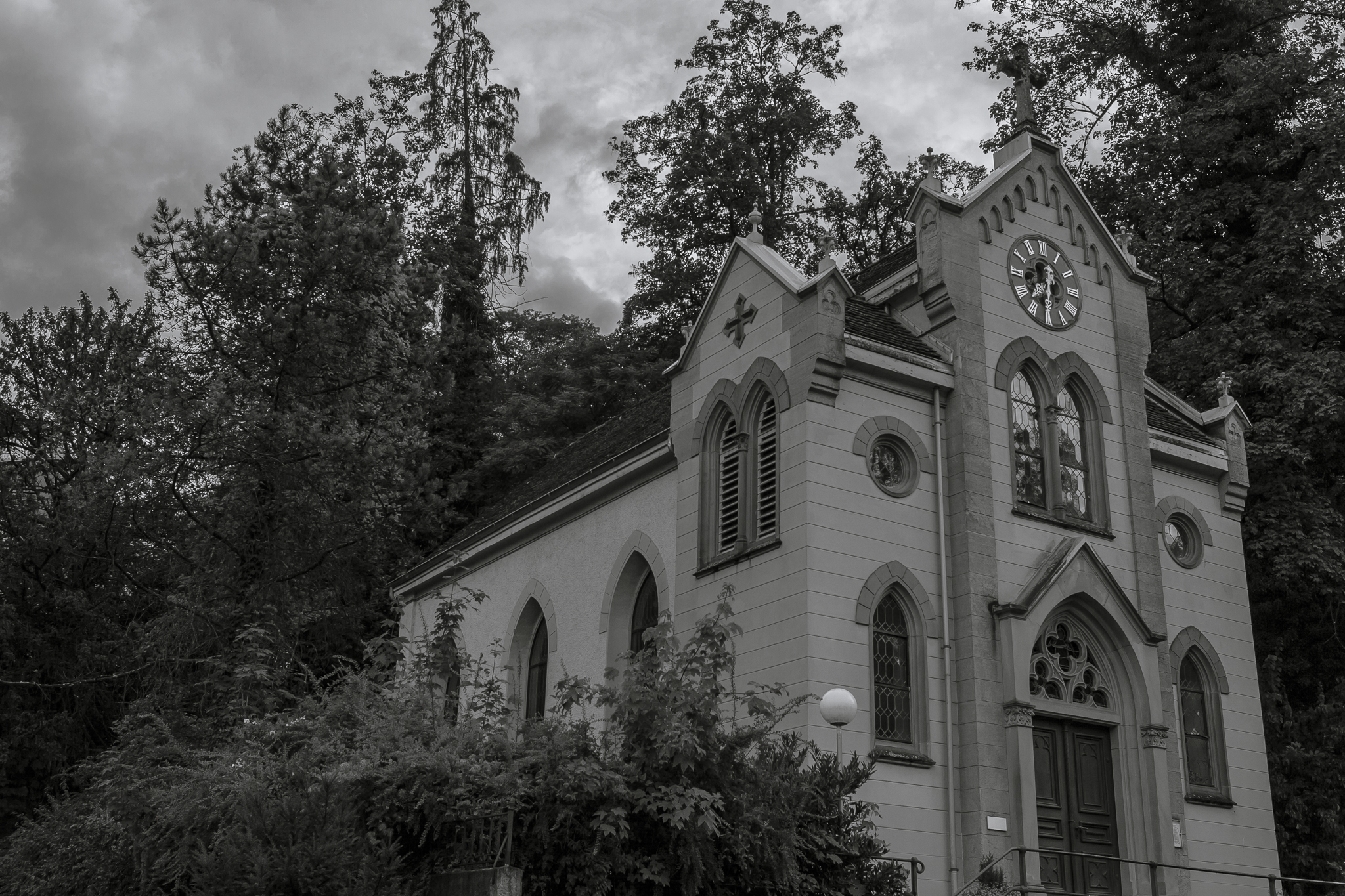By JOHN MURILLO
Not sleepwalking, but waking still,
with my hand on a gun, and the gun
in a mouth, and the mouth
on the face of a man on his knees.
Autumn of ’89, and I’m standing
in a section 8 apartment parking lot,
pistol cocked, and staring down
at this man, then up into the mug
of an old woman staring, watering
the single sad flower to the left
of her stoop, the flower also staring,
my engine idling behind me, a slow
moaning bassline and the bark
of a dead rapper nudging me on.
All to say, someone’s brokenhearted.
And this man with the gun in his mouth—
this man who, like me, is really little
more than a boy—may or may not
have something to do with it.
May or may not have said a thing
or two, betrayed a secret, say,
that walked my love away. And why
not say it: She adored me. And I,
her. More than anyone, anything
in life, up to then, and then still,
for two decades after. And, therefore,
went for broke. Blacked out and woke
having gutted my piggy and pawned
all my gold to buy what a homeboy
said was a Beretta. Blacked out
and woke, my hand on a gun, the gun
in a mouth, a man, who was really
a boy, on his knees. And because
I loved the girl, I actually paused
before I pulled the trigger—once,
twice, three times—then panicked
not just because the gun jammed,
but because what if it hadn’t,
because who did I almost become,
there, that afternoon, in a section 8
apartment parking lot, pistol cocked,
with the sad flower staring, because
I knew the girl I loved—no matter
how this all played out—would never
have me back. Day of damaged ammo,
or grime that clogged the chamber.
Day of faulty rods, or springs come
loose in my fist. Day nobody died,
so why not hallelujah? Say amen or
Thank you? My mother sang for years
of God, babes and fools. My father,
lymph node masses fading from
his x-rays, said surviving one thing
means another comes and kills you.
He’s dead, and so, I trust him. Dead,
and so I’d wonder, years, about the work
I left undone—boy on his knees
a man now, risen, and likely plotting
his long way back to me. Fuck it.
I tucked my tool like the movie gangsters
do, and jumped back in my bucket.
Cold enough day to make a young man
weep, afternoon when everything,
or nothing, changed forever. The dead
rapper grunted, the bassline faded,
my spirits whispered something
from the trees. I left then lost the pistol
in a storm drain, somewhere between
that life and this. Left the pistol
in a storm drain, but can’t remember
ever wiping away my prints.
John Murillo is an Afro-Chicano poet, professor, and playwright. He is the author of the poetry collections Up Jump the Boogie (2010) and Kontemporary Amerikan Poetry, forthcoming from Four Way Books. He teaches at Wesleyan University.




